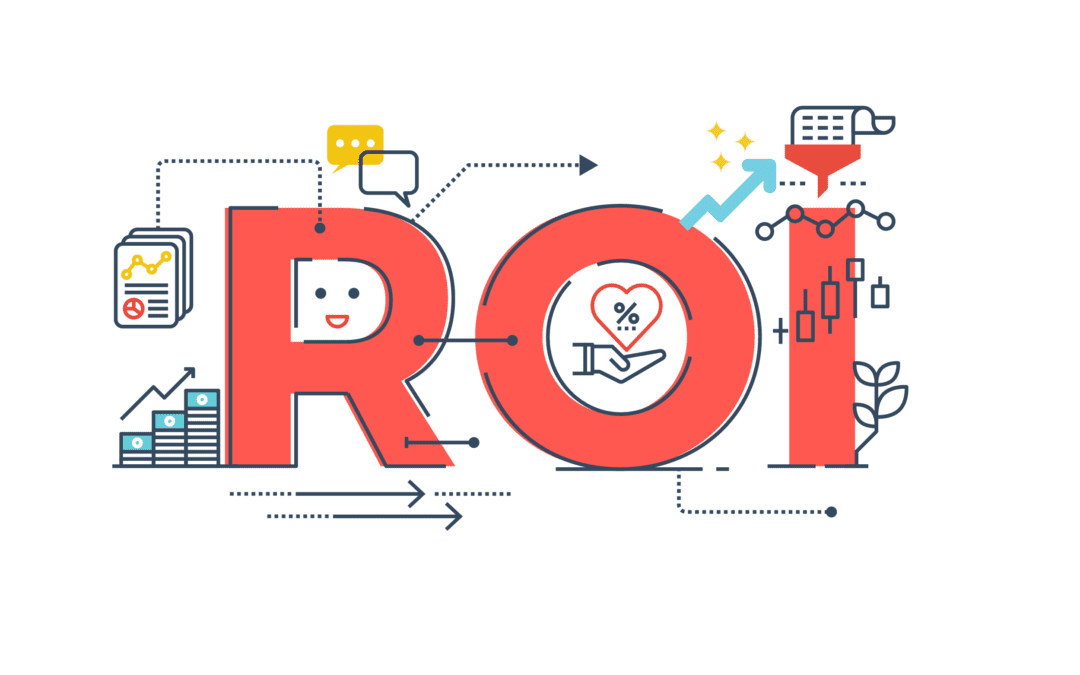If resilience is not the word of the year, then it should be. Resilience is not about being unfazed by crisis or cruising effortlessly through choppy waters. Resilience is about bouncing back faster and finding ways to regain momentum even during challenging times. There are many ways to achieve that and develop or improve business resilience. We ran a poll on LinkedIn that showed that digital transformation, sales, and marketing are the top of company owners’ priorities when it comes to business resilience.
Be strategic.
In the end, it’s again about strategy. Just like a business strategy, your business needs a marketing strategy. And in case of business resilience, it should be highly focused, agile and adaptable. Clarity on where the business is heading, who they are at their core, and their opportunities and threats is pivotal.
Revisit often.
Strategic marketing plans need to be revisited especially during challenging times. You need to benchmark how competitors and consumers have shifted their behavior and adjust your plan accordingly. The strength of marketing is that we learn what is working and what is not and help the executive team focus and pivot if needed.
Create long-term goals.
In a fast-paced and at times challenging business environment long term might mean 2-5 years. Overall goals rarely change; what changes is how we get there. While it’s good to set short-term goals, our long-term goals give us direction. They inform what marketing objectives will help carry us through to the finish line.
Be that trusted brand.
During uncertain times, it is most important to be a trusted brand, no matter if your business is B2B or B2C. Especially during these times, consumers turn to brands they can rely on. There is no better time than now to work toward becoming that trusted, recognizable brand. It takes time and consistency. Social media marketing is the most important tool here.
Get customer care right.
Customer care is one of the most difficult things to get right. Treating current, past, and future customers well gives customers confidence that they chose the right brand. Marketing has been playing a major role in customer satisfaction with customers looking to social media to get their questions answered and find the advice they need…find an emotional connection during times of crisis.
Practice consistency.
In times of crisis, practicing consistency cannot be underestimated. Customers seek to do business with brands that are part of their lives no matter what. While marketing is always about consistency, it doesn’t mean you should respond to your customers’ pain points at the time. It means consistency in your brand voice, your company culture, your positioning. It is not the time to cut your marketing budget, even if it is tempting.
Choose responsiveness over reactiveness.
Resilience is to be calm during the storm. During times of crisis, brands are rarely on the sidelines. Their customers expect a response, and internal teams often choose to react to real-time events. Here is where consistency comes in. Your marketing team can help think through a response that is in line with your company culture and brand.
Listen to your customers.
Our customers and clients have opinions and love to share them. The same is true for your industry, your competitors, your products, and your services. Social listening during challenging times are even more important. It offers you the insights into your customers’ minds that you need to understand how to adjust your approach, offerings, and customer care.
There is no doubt that marketing is a pivotal part of business resilience. Often we see that businesses want to start marketing when their business becomes challenging. Start building resilience early, be consistent and strategic. At JumpStartNOW, we help our clients do just that.





